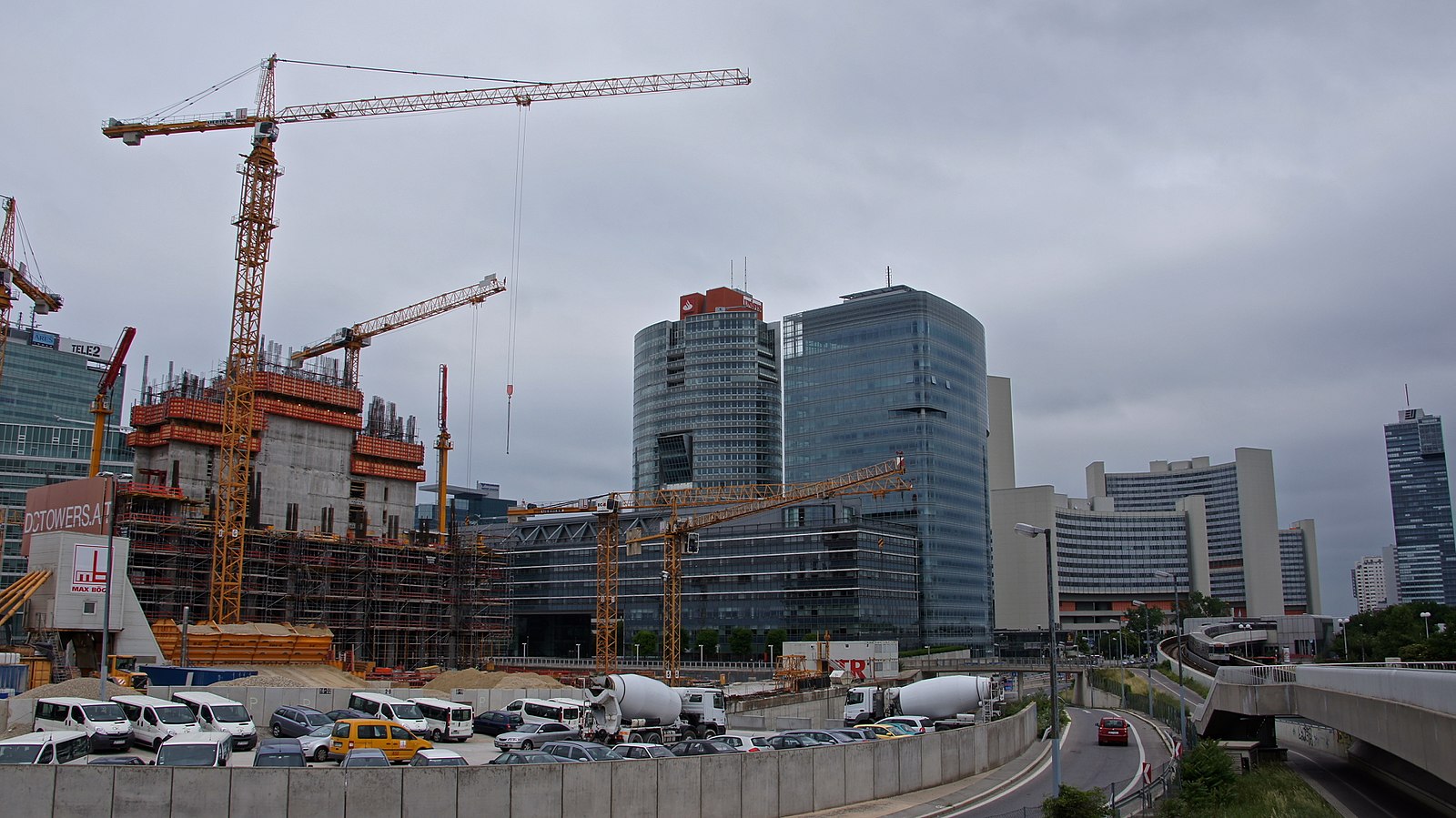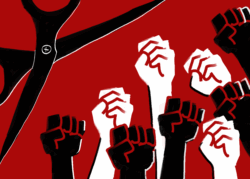The D.C. attorney general’s office recently filed a lawsuit against Power Design, a Florida-based electrical contractor. The lawsuit alleges that Power Design, known for its work on D.C. buildings, is at the nexus of one of the largest wage-theft scandals in the city’s history.
Construction companies are required to employ a certain number of apprentices in order to bid on major contracts within the District. Construction companies need approval by the Apprenticeship Council to hire apprentices and comply with this requirement to bid on contracts in the District. This editorial board calls on the D.C. Apprenticeship Council to renounce apprenticeship eligibility status from Power Design due to the company’s egregious violations of workers’ rights.
The D.C. attorney general’s lawsuit alleges that Power Design misclassified electrical workers as independent contractors instead of employees, allowing Power Design to avoid payroll taxes and keeping the workers from receiving benefits such as sick leave. In addition, the lawsuit claims that some workers weren’t paid the appropriate overtime rate and others weren’t even paid the D.C. minimum wage. Over 500 Power Design workers were mischaracterized as independent contractors, 180 were not paid the required overtime rate, and 63 were not paid minimum wage, which demonstrates a codified company culture of mistreatment and abuse.
This isn’t the first time Power Design has been accused of shortchanging its workers. When the company first applied for the D.C. apprenticeship program last year, Attorney General Karl Racine and D.C. Councilmember Elissa Silverman urged the Apprenticeship Council to deny Power Design’s bid. Racine and Silverman referenced lawsuits filed against Power Design claiming that the company did not pay for overtime work and purposefully misclassified workers.
Because of Power Design’s work on landmark projects such as the Line Hotel in Adams Morgan and Waterfront Station in Southwest D.C., it is obvious why the Apprenticeship Council would be hesitant to strip the company of its access to apprentices. However, the council has a duty to protect the apprentices placed into the program and ensure that they are paid fairly for their work. In addition, a company accused of such intolerable treatment of workers should not receive official promotion from the D.C. government. It is unjust to continue to allow Power Design to reap benefits from the Apprenticeship Council and the D.C. apprenticeship program when there are other companies that follow the law and pay their workers accordingly.
Although it is generally undercovered in the mainstream news, wage theft is a rampant problem across the United States. In 2017, the Economic Policy Institute released a report stating that the Department of Labor recovered over $2 billion for workers in 2015 and 2016. Wage theft disproportionally affects the most vulnerable workers in the United States and targets those who are the least likely to file complaints and take legal action. The same report states that low-wage workers likely lose over $50 billion annually due to wage theft. In the District, Power Design is not the only company to be accused of stealing wages from its workers. Just this summer, Founding Farmers, an ownership group that owns a number of popular restaurants in the city, settled a class-action lawsuit with workers for $1.49 million in unpaid wages, and the D.C. Attorney General’s office filed suit against Turning Natural, a juice bar in the city.
Power Design is just one of many companies that have profited from the massive development and construction wave that the city has undergone in the last few years. By consistently failing to pay their workers their proper wages and benefits, the company has ensured that regular city residents don’t benefit from this development. Rather than allowing Power Design to continue their abuse of the city’s workers, the Apprenticeship Council should follow the lead of their colleagues in the attorney general’s office and demand real changes from Power Design. Doing so would ensure that all of the city’s residents get to benefit from its growth.
While Racine’s thorough investigation into Power Design is vitally important, other branches of the District government must form a united front in combating wage theft in the city. A so-called progressive city government should not be aligning itself with a company that mistreats its workers so egregiously. The government can begin by taking a stand against companies that have abused the rights of D.C. workers.
Correction, Sept. 17: A previous version of this article incorrectly stated that the D.C. District Attorney pressed charges against Turning Natural. The D.C. Attorney General actually filed a civil lawsuit against the company.






